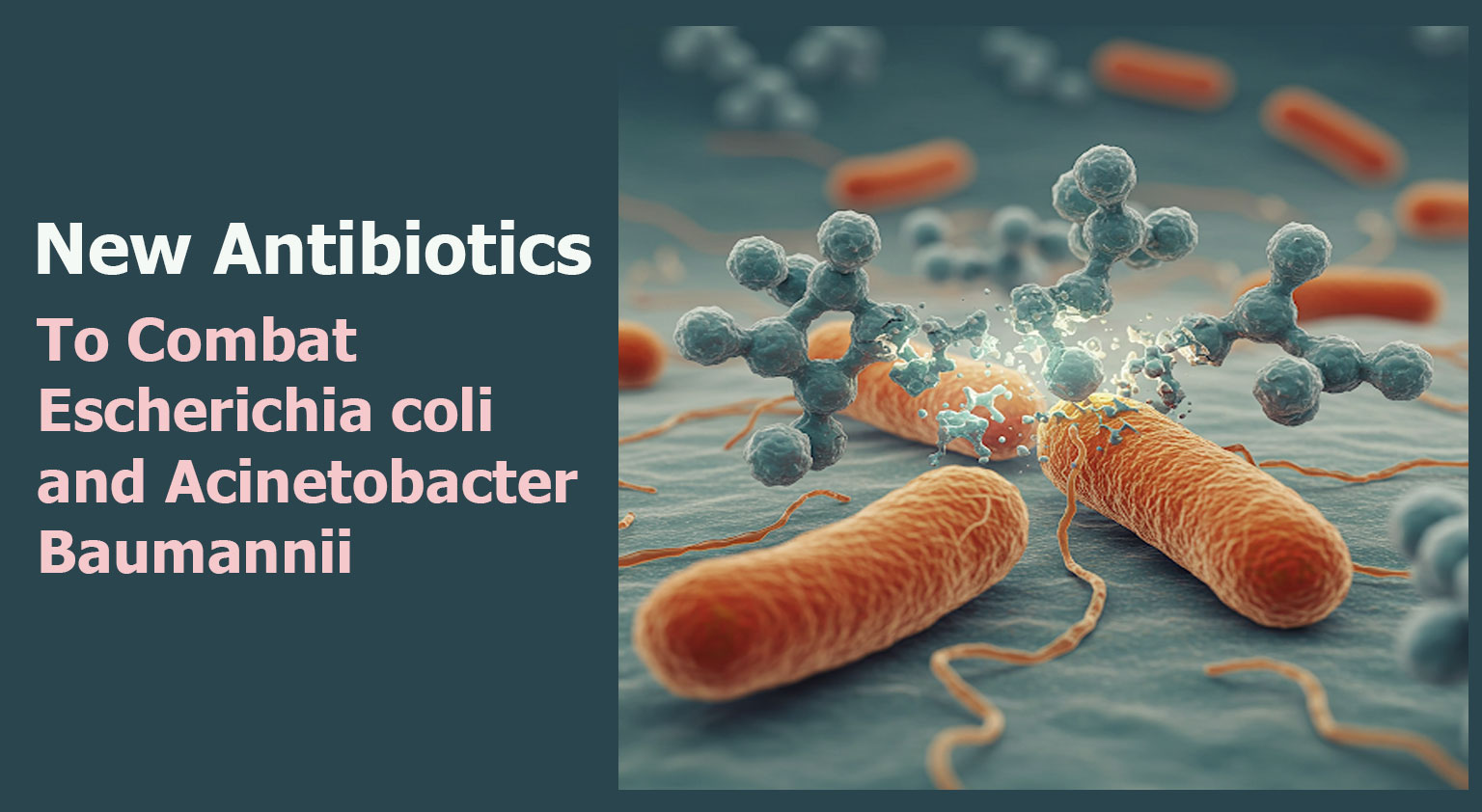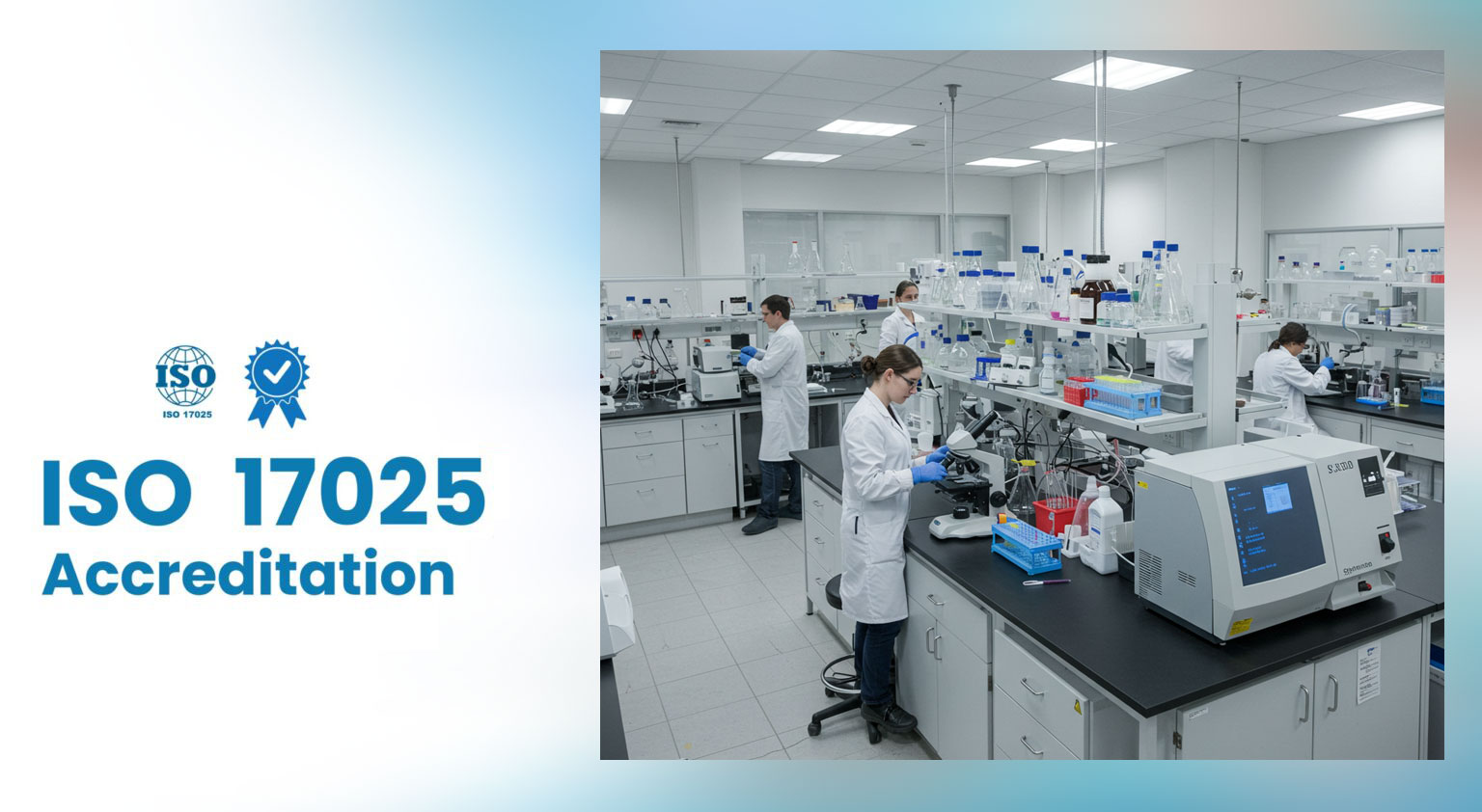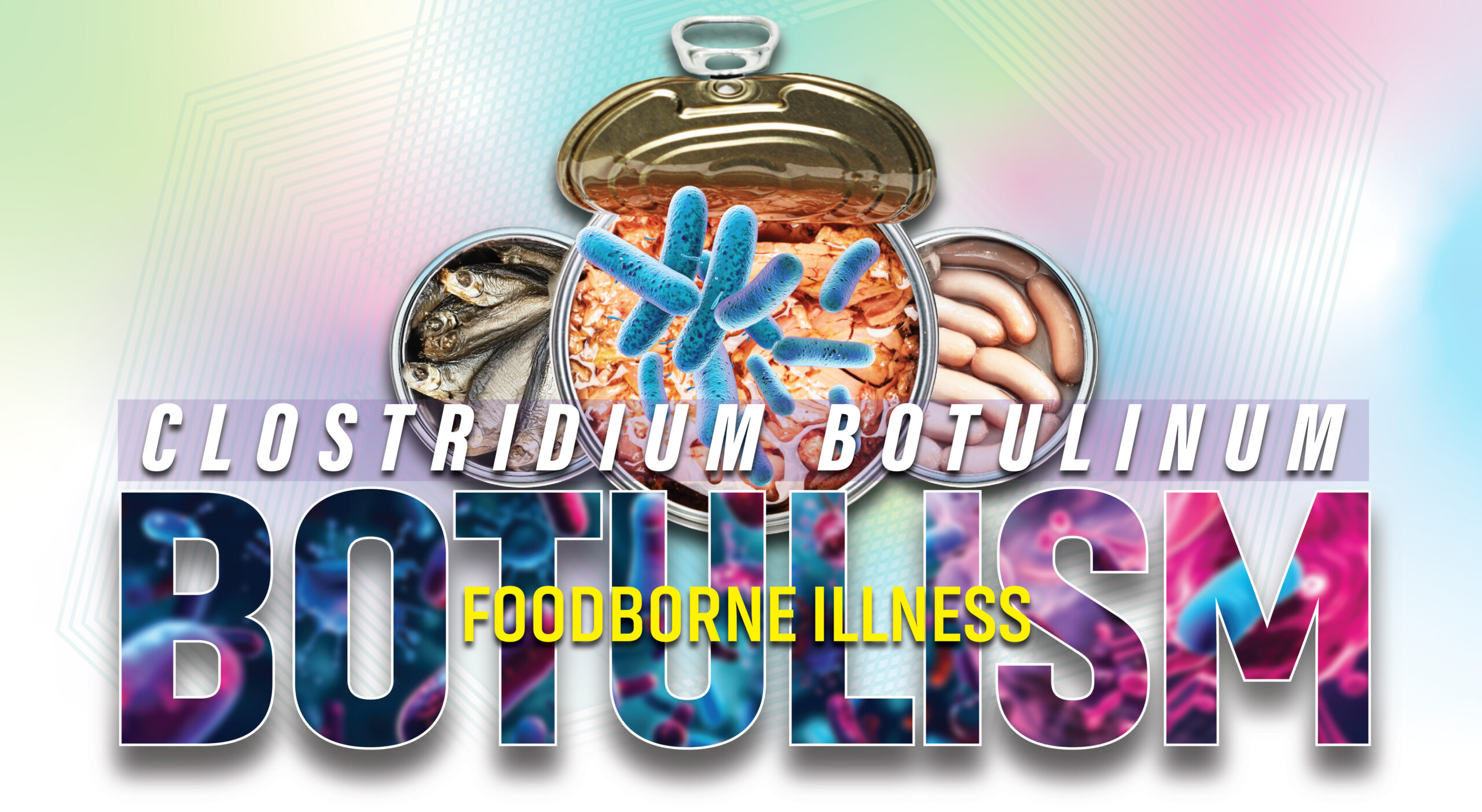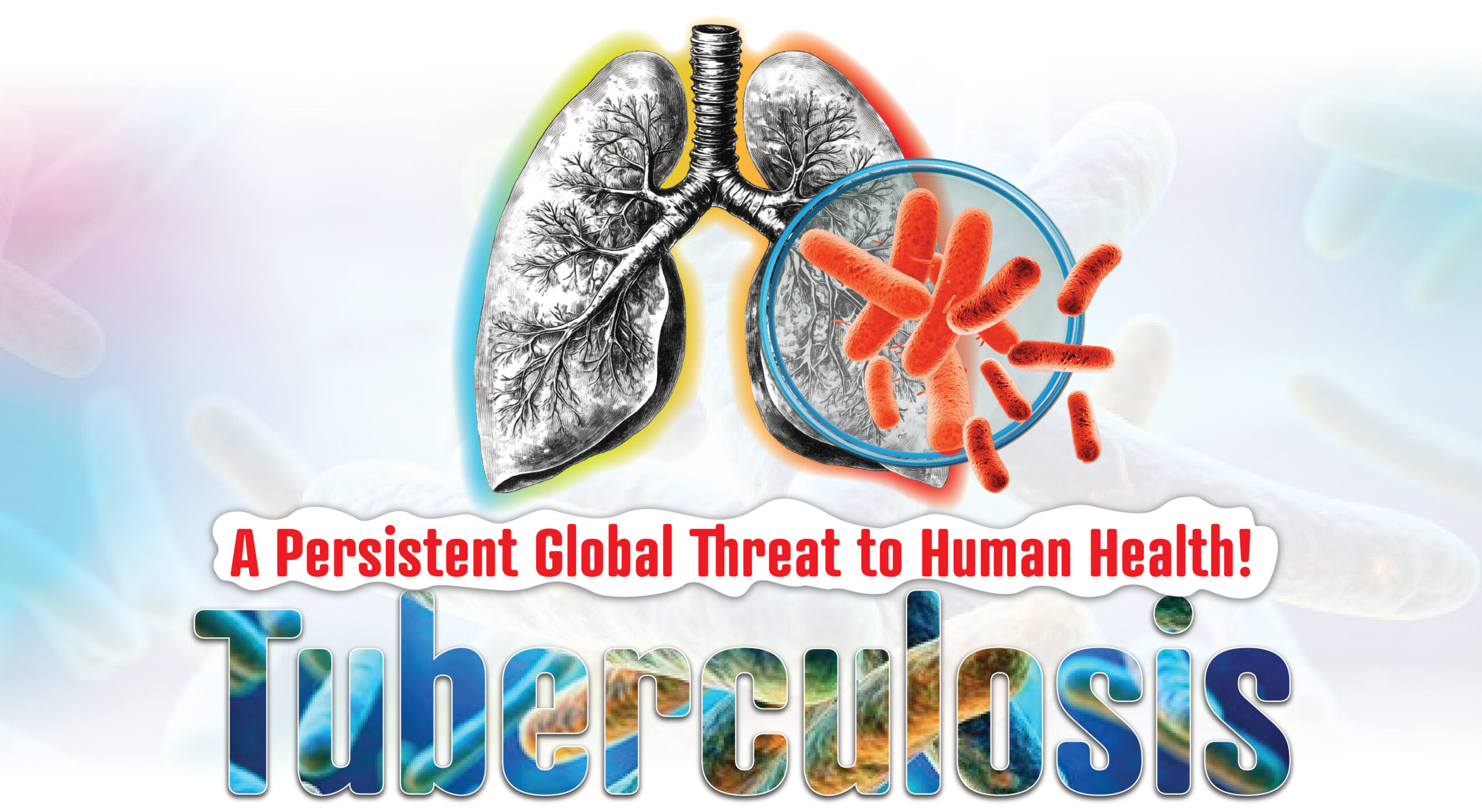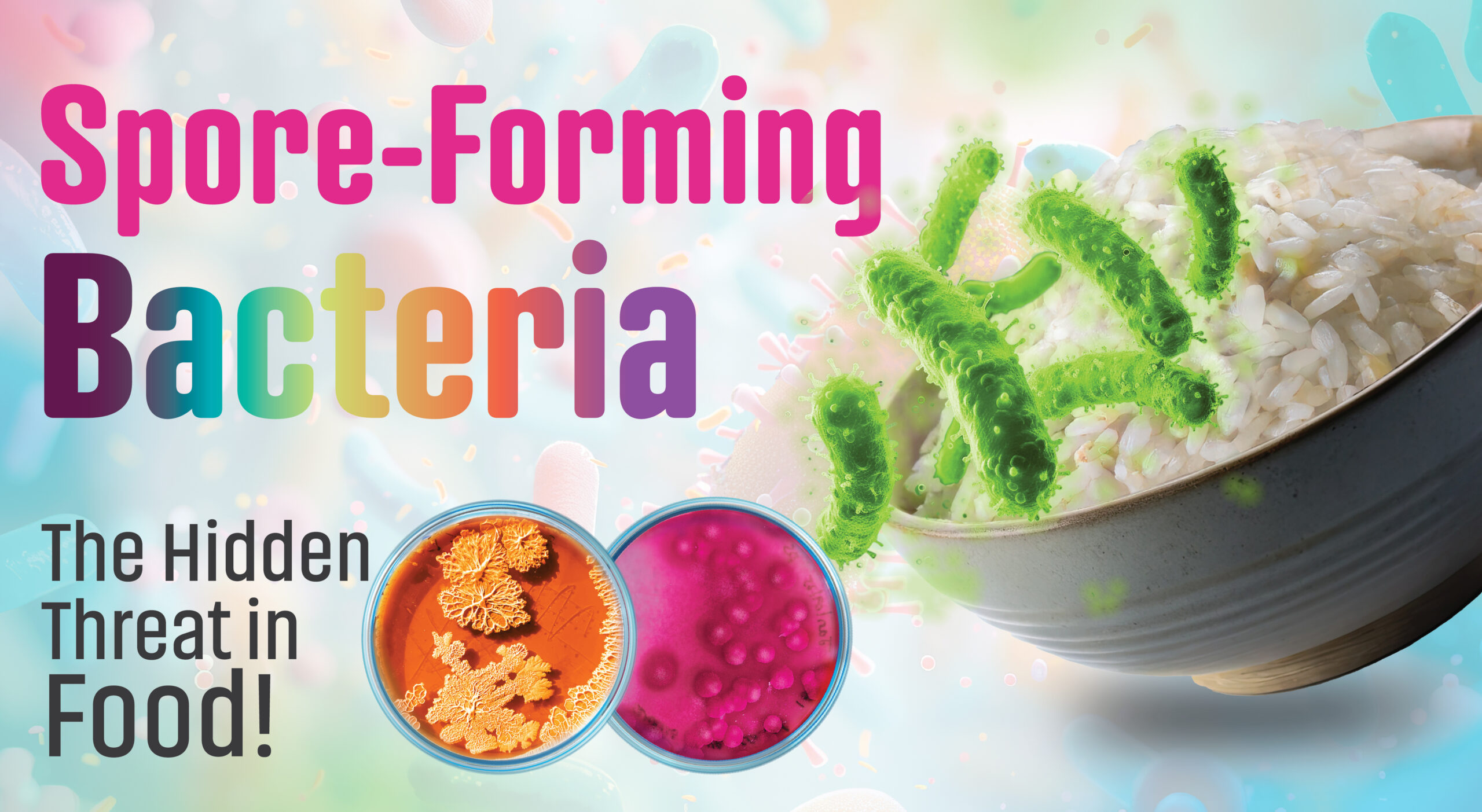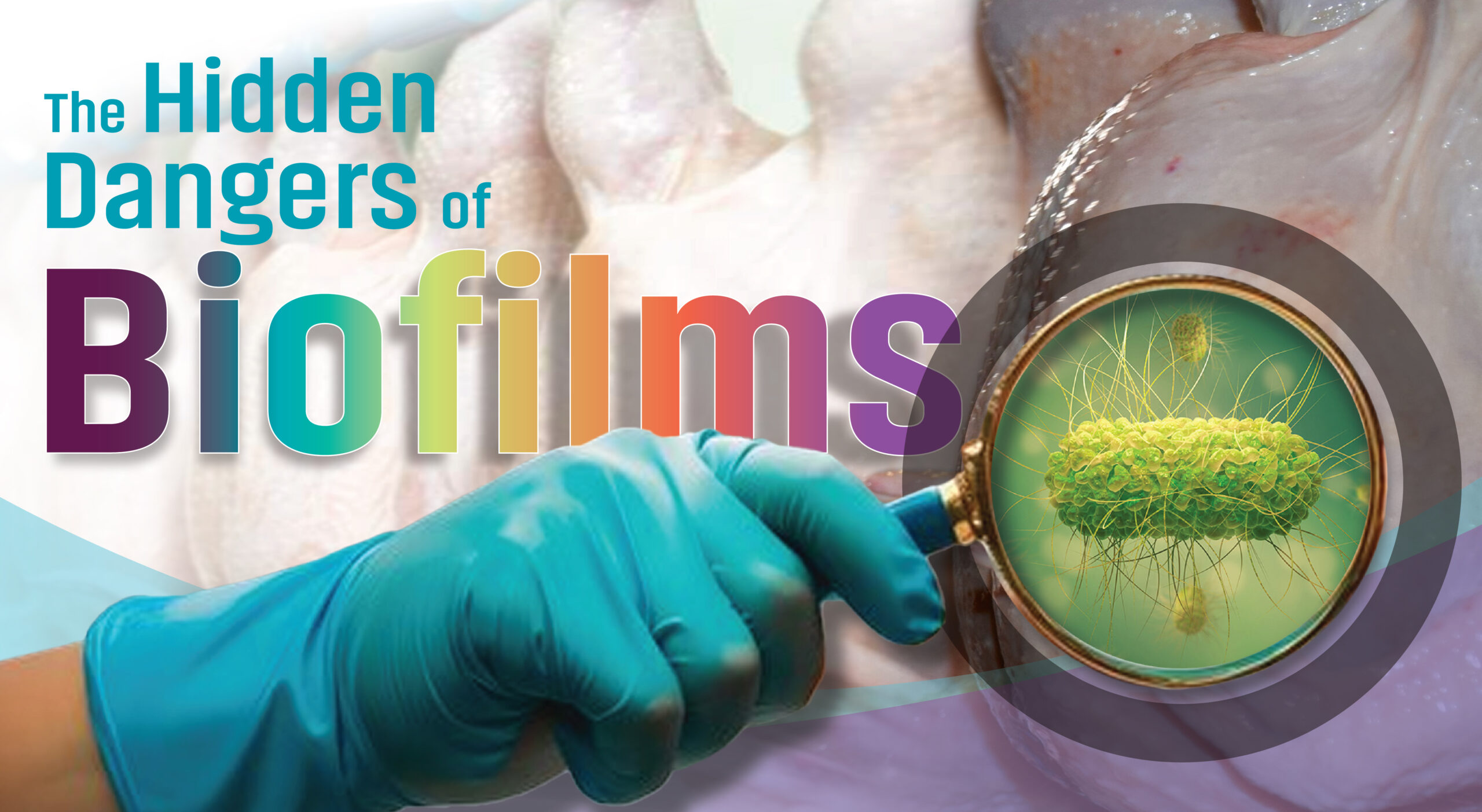CREM Co Labs is excited to participate in the APIC 2025 Annual Conference & Expo in Phoenix, Arizona from June 16–18.
We are pleased to let you know that CREM Co Labs will be exhibiting at IPAC Canada 2025 in Winnipeg, May 30–June 3. We’d love to welcome you at Booth #44 to share
In 2024, Health Canada revised the monograph for Antiseptic Skin Cleansers intended for Personal, Domestic, and Commercial Use. Importantly, the revised monograph explicitly excludes .....
On May 31, 2025, Canada’s new Biocides Regulations come into force, replacing earlier guidance documents with a more robust, unified framework for evaluating biocide performance....
Researchers from the Helmholtz Institute for Pharmaceutical Research Saarland (HIPS) and the German Center for Infection research (DZIF) ...
A new study published in Microbiology Spectrum highlights a new, streamlined workflow that can detect low levels of Listeria monocytogenes in food samples within 8 hours. Currently ...
New peer-reviewed study published in Journal of Virological Methods expands CREM Co Labs’ large-chamber aerobiology protocol from bacteria, and virus surrogates to mammalian viruses
An ISO 17025 accredited laboratory is a laboratory that has been certified by an accredited body for its competency in conducting testing, calibration, and sampling. This accreditation ensures ...
CREM Co Labs is validating these sophisticated analytical techniques to identify and mitigate Clostridium botulinum contamination ...
In a series of articles, we compare the previous 2020 efficacy guidance with the new efficacy requirements for biocides, highlighting what has ...
Tuberculosis (TB) is an infectious disease caused by Mycobacterium tuberculosis and members of the Mycobacterium tuberculosis complex...
Spore-forming bacteria are a persistent ...
2024 was a landmark year at CREM Co Labs, marked by transformative advancements across our service portfolio and laboratory capabilities. We are pleased to share these milestones with our, ...
Drug development is a complex process, often requiring over a decade and substantial financial investment. Drug repurposing (also known as drug repositioning), which involves finding new therapeutic applications for ...
A Good Laboratory Practice (GLP) accredited laboratory is one that adheres to a set of internationally recognized quality standards for non-clinical laboratory studies, ensuring the reliability, reproducibility, and integrity of the data generated ...
When it comes to food safety, visible cleanliness doesn’t always mean a surface is free of danger. One of the most persistent threats in food processing and production environments comes from ...






